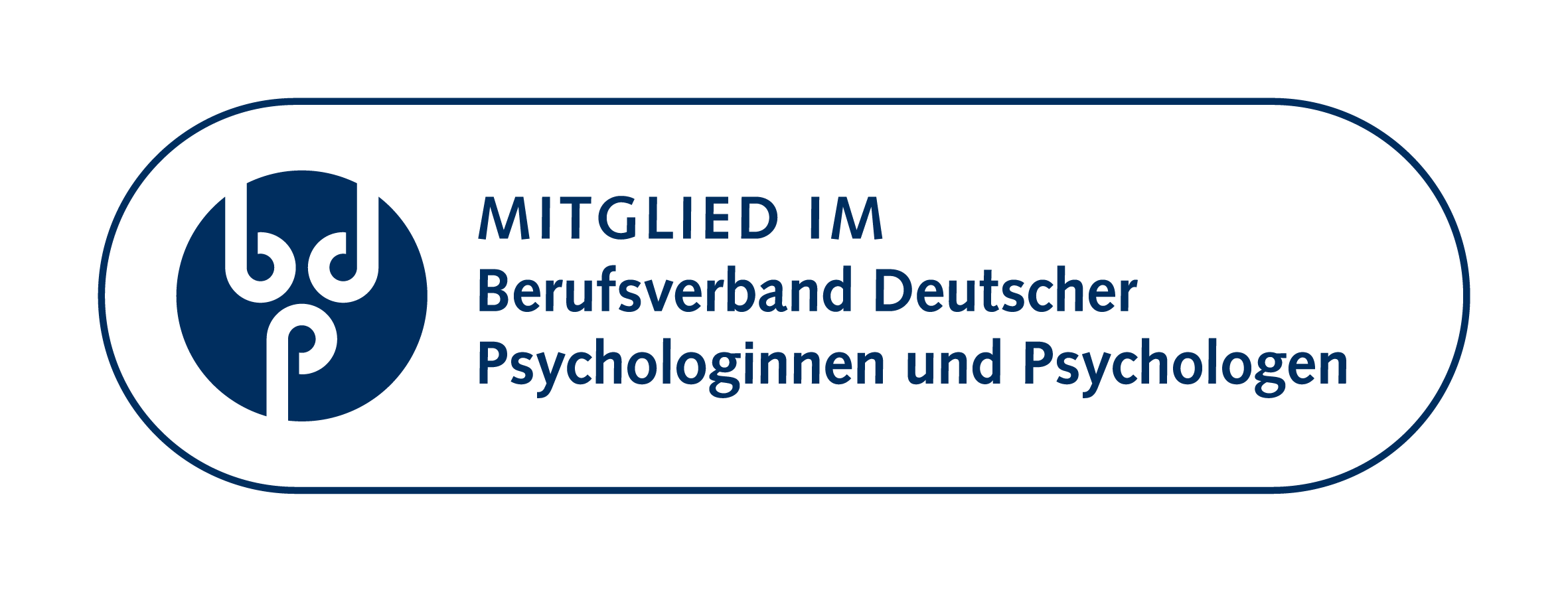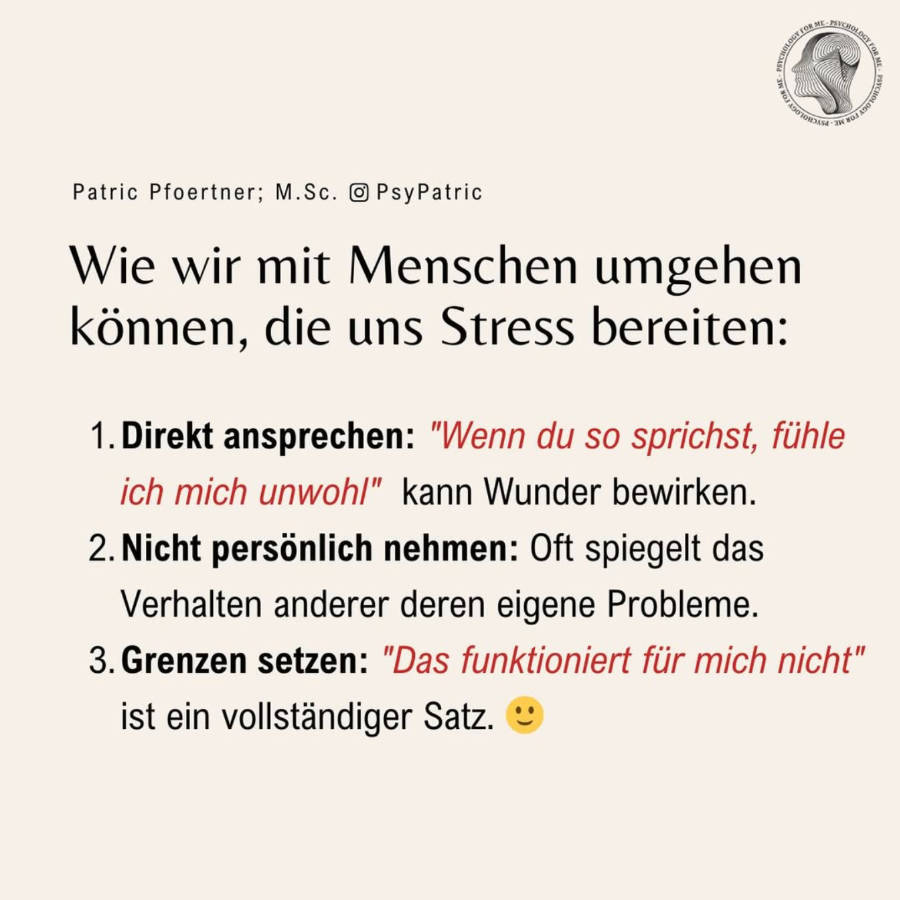Understanding Your Health Worries: A Psychologist's Perspective
It's natural to care about your health and feel concerned when you experience unusual symptoms. However, for some, these worries can become overwhelming, persistent, and impact daily life, even when medical examinations show no serious underlying condition. This is often referred to as health anxiety or illness anxiety, and it's a very real and challenging experience.
Our brief Health Anxiety Self-Assessment is designed to offer you a moment of reflection and provide initial insights into how your concerns might be impacting you. It's built on common experiences shared by many who grapple with these worries.
This test aims to help you:
- Identify patterns in your thoughts and behaviors related to health.
- Understand the potential intensity of your health-related worries.
- Consider whether professional support might be beneficial for you.
As a psychologist, I understand that living with health anxiety can feel isolating and exhausting. You might constantly feel on edge, checking your body, or seeking reassurance. It's a cycle that can be incredibly difficult to break. Let's explore some common questions people have about this experience:
What exactly is health anxiety?
Health anxiety is characterized by a persistent preoccupation with having or acquiring a serious illness, despite having no or only mild somatic symptoms, or having symptoms that are disproportionate to the actual medical condition. Individuals often engage in excessive health-related behaviors like repeatedly checking for symptoms or seeking frequent medical reassurance, or, conversely, avoiding medical care out of fear of diagnosis. The core of this anxiety lies not in the physical symptoms themselves, but in the distressing interpretation of them.
When should I be concerned about my health worries?
While some level of health concern is normal, it becomes problematic when it significantly impacts your daily functioning, causes severe distress, or leads to behaviors that consume a large part of your time or energy. If your worries are chronic, difficult to control, lead to frequent doctor visits without lasting reassurance, or cause you to avoid activities, relationships, or work, it may be time to consider seeking support. This test can help you gauge if your worries are reaching this level.
How can I manage or cope with health anxiety?
Managing health anxiety often involves learning new ways to interpret bodily sensations and respond to anxious thoughts. Effective strategies include cognitive restructuring, where you challenge anxious thoughts; behavioral experiments, where you test out your fears; and exposure, where you gradually reduce checking or reassurance-seeking behaviors. Mindfulness and relaxation techniques can also be incredibly helpful. Most importantly, understanding that these worries are treatable and that you don't have to face them alone is crucial. A mental health professional specializing in anxiety can provide tailored support and guide you through evidence-based therapies like Cognitive Behavioral Therapy (CBT).
Remember, taking this test is a positive step towards self-awareness. Whatever your results, know that support is available, and finding peace of mind is possible. We encourage you to reflect on your responses and consider reaching out for professional guidance if your results suggest a higher level of concern or if you simply wish to discuss your experiences further.
























